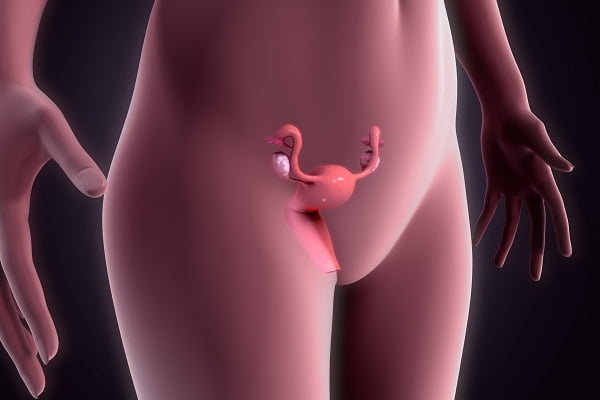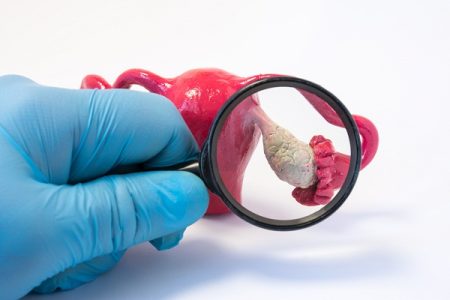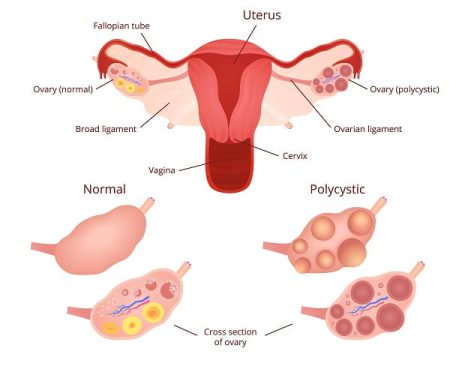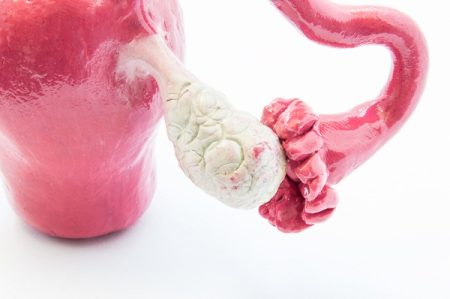
Understanding polycystic Ovary syndrome (PCOS/PCOD) and endometriosis
Endometriosis and polycystic ovarian syndrome or disorder (PCOS/PCOD) are common disorders in women that affect about 10 percent of women worldwide. The conditions particularly occur in women of childbearing age. These problems can be painful and difficult to cope, still they are often difficult to recognize.
See also:
What is polycystic ovary syndrome (PCOS)?
Endometriosis VS PCOS: How Do You Know if You Have Endometriosis or Polycystic Ovarian Syndrome?
Symptoms of Endometriosis
Endometriosis occurs when cells from the uterus lining grows in other parts of the body, such as the ovaries, bowel, rectum, bladder and other pelvic organs. The most common symptom of endometriosis is pain. Endometriosis pain is usually very severe. Painful menstrual cramps can disrupt your normal routine life.
Other symptom of endometriosis may include, such as pain with periods, abdominal pain, pain during sex, pelvic pain or low back pain, pain with bowel movements, etc.
Symptoms of Polycystic Ovary Syndrome (PCOS)
Women with PCOD problem develop several small and large cysts along the outer section of ovaries. Symptoms of PCOD may include prolonged menstrual periods, excessive hair growth, acne, etc. Hormonal changes can lead to oily skin and pimples on the face. PCOS pain can be severe if the cysts cause pain.
The first warning sign of PCOS is usually disturbed or absent menstrual periods. For post-adolescent women, the first warning signs of the condition may include unexplained weight gain or pregnancy-related issues such not getting pregnant easily.
See also: What is the Treatment for PCOS (Polycystic Ovary Syndrome)?
See also: What Are the Complications of Endometriosis?
Can you have both – endometriosis and PCOS?
There are some possibilities that you might have both. In such situations, you may experience these symptoms and signs:
- rarely you will get periods
- when you get periods (if at all), they are extremely painful. PCOS pain can particularly be very severe.
- you will have consistent pelvic pain
- hair grows in strange places on the body: This is called hirsutism. Male-pattern hair growth generally appears on places such as chin, sides of the face, and abdomen. On the other side, you may also see male-type baldness.
- Infertility: because you don’t ovulate on a regular and timely basis if you have PCOS and/or endometriosis, conceiving can be very difficult.
What you can do if you experience PCOS and/or endometriosis?
Here are a few things your doctor may recommend to manage the PCOS and/or endometriosis:
- Hormonal birth control may be recommended. It is usually the first line of treatment for both conditions – PCOS and endometriosis. Hormonal therapies can help regulate your periods and make them less painful, so you will feel more comfortable in periods.
- Surgery is another option. Your doctor may recommend surgically removing excess endometrial lining
- Surgical removal of the uterus and ovaries is the last resort
- Doctors may prescribe medications to manage hair growth, acne, and other health issues as a result of the disorders
- Fertility issues can be the most worrisome symptom for some women having polycystic ovary syndrome, endometriosis, or both. IVF may be an option for you in such cases. Various medications are also available as a treatment option to boost fertility. Your doctor may try out them for you. There are many situations where medications are quite effective in improving the fertility.






